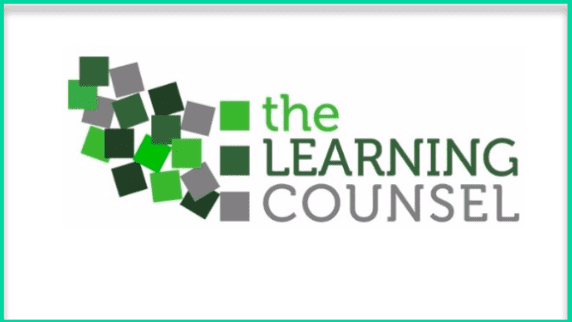
The top three digital device trends the survey found were the following:
1) tablets are losing popularity;
2) Chromebooks have had the most significant gain in popularity, a trend that is likely to continue; and 3) there is no agreement among schools about the best device based on the age of the student.
Further, even though schools cite 79–91% network coverage in classrooms and common areas, it's not enough to support the burgeoning use of digital curriculum. The networks are considered “unreliable” by most teachers.
The Survey found that 86% of schools and districts expect to be spending more on digital curriculum in the new year. 56% of respondents say teachers already use 50-75% paid resources over free open-education resources for their digital learning objects. However, billions in spending on curriculum overall has yet to move from paper textbooks into digital: 80% of respondents said district curriculum budgets still haven’t shifted from paper-based resources.
2016 was also the highest year on record for digital curriculum spending. A 25% jump was due to years of non-adoption of textbooks in several states, causing more digital acquisitions at the same time that the market reached an inflection point of saturation of devices.
Out of $9 billion in total K-12 digital curriculum spending, the market “flipped” by an estimated $2 billion to be weighted more in organizational spending than individual teacher spending for the first time. This is one of many signs the market is maturing.
LeiLani Cauthen, CEO and publisher of the Learning Counsel, said that the survey was developed as a tool to evaluate national trends in how digital transitions are happening, particularly from the view of software sophistication and its impact on device and network infrastructure. “Beyond providing all of education with that national view, it is an invaluable tool for every school and district to use to self-assess,” Cauthen said.
Kahle Charles, the Executive Director of Curriculum at St. Vrain Valley Schools, commented, “As our district was transitioning to digital content, it was critical to conduct a needs assessment early in the program planning and development process. The Learning Counsel’s Assessment Tool and Survey proved to be a valuable aide in this process. Through the survey, we were able to understand the extent of our digital content implementation, identify the gaps in our implementation of digital content, and gather the information about next steps in our action plan. This also provided a great opportunity to engage current staff members in the planning and implementation process.”
The Learning Counsel Community would also like to thank SoftChalk for its sponsorship of the awards ceremony for specially recognized participants in the survey.
About the Learning Counsel
The Learning Counsel is a mission-based organization focused on helping education professionals in the K-12 sector gain research and context on the shift to digital curriculum. For more information, please visit TheLearningCounsel.com.












